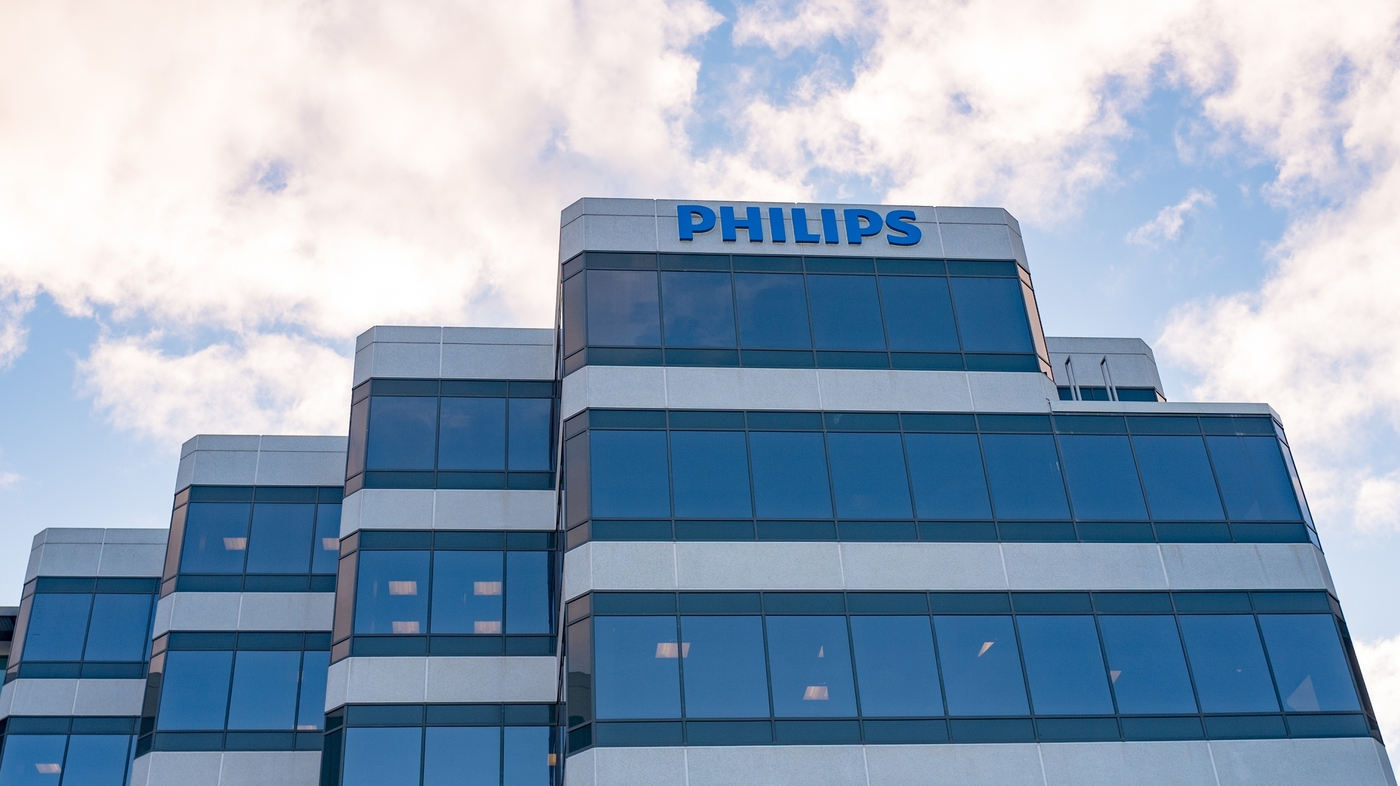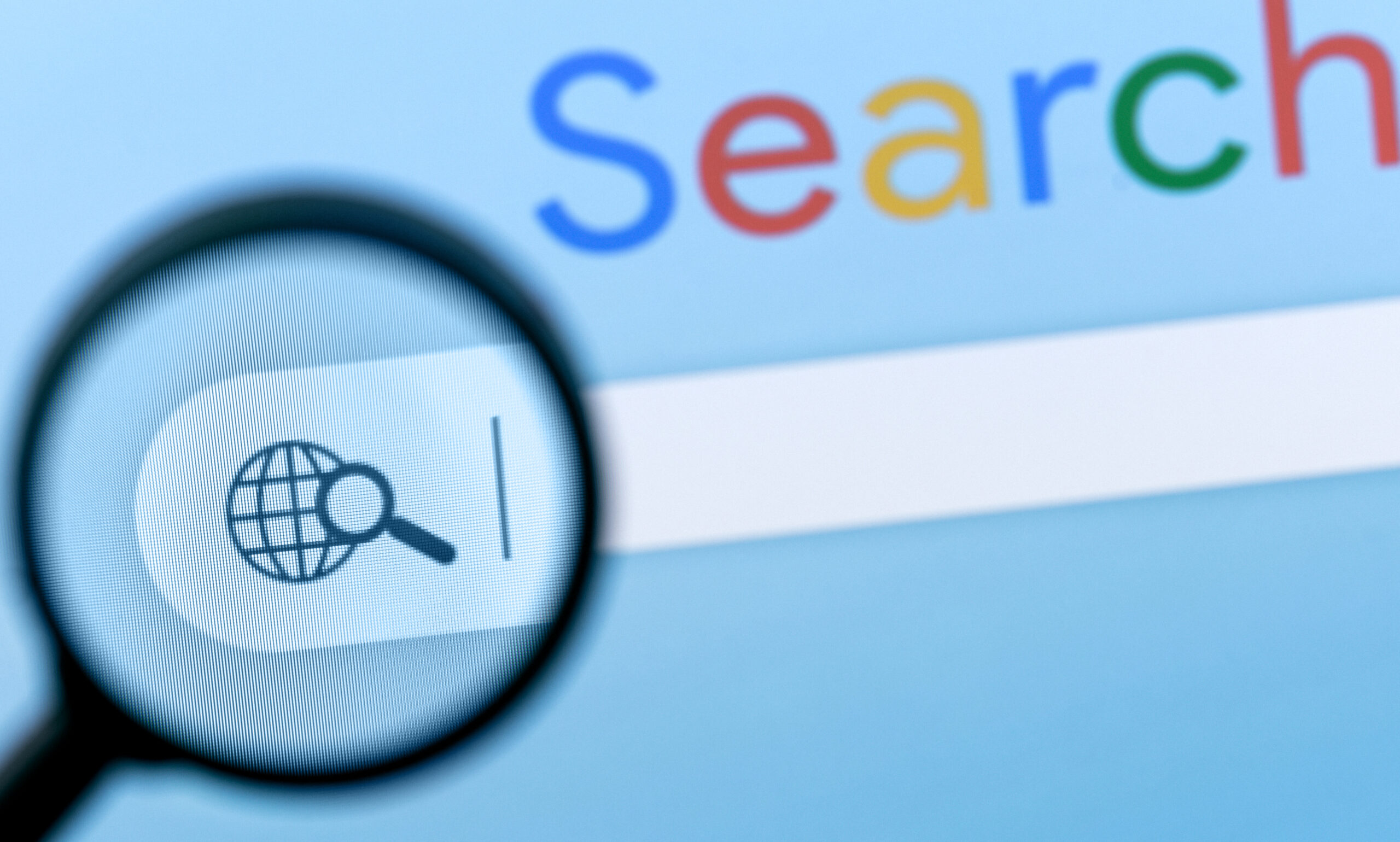Tesla has reached self-driving car deals in China
Tesla struck a series of deals with regulators and a Chinese artificial intelligence company during a quick trip to Beijing on Sunday and Monday by Elon Musk, the automaker’s chief executive, potentially clearing the way for the company to offer its most advanced self-driving cars. car software in China.
Tesla has faced several hurdles in offering the latest level of autonomous driving, which it calls fully autonomous supervised driving. It needed approval from Chinese regulators, who questioned whether the company had taken adequate measures to protect data. And she needed access to extremely high-resolution maps of the entire country.
The timing of Mr. Musk’s trip was significant. He arrived in China days after identifying self-driving technology and artificial intelligence as key to Tesla’s future. Tesla is not just a car company, Musk told investors last week, saying, “We should be considered an AI robot company.
Approval of the technology in China would give Mr Musk a much-needed victory after regulators in the United States issued a scathing assessment of the system’s safety and performance in a report released on Friday.
Mr. Musk flew to Beijing on his private jet on Sunday morning and almost immediately met with Premier Li Qiang, China’s No. 2 official after Xi Jinping. Mr. Li is a longtime ally of Mr. Musk, who, when he served as Communist Party secretary in Shanghai, helped pave the way for the construction of Tesla there, now its largest auto assembly plant.
The government-linked China Association of Automobile Manufacturers later announced that Tesla and five Chinese automakers had received approval from authorities and the association for measures to secure data on dozens of car models. The rules prohibit automakers in China from using software that would identify the faces of anyone outside their vehicles, and include many other restrictions. Self-driving systems use cameras to guide vehicles.
These cars included the Tesla Model 3 and Model Y. The five Chinese manufacturers included BYD, China’s dominant electric car company and Tesla’s primary global rival, and Nio, a long-time player in China’s auto sector.
For the past three years, Tesla has operated a data center in Shanghai that processes the vast amount of information collected by the cars it sells in China as they travel the country’s roads. China has tightened its data security regulations in recent years to severely limit information leaving the country.
Tesla has separately struck a deal with one of China’s biggest tech companies, Baidu, to get high-resolution lane maps, according to a person familiar with the deal who was not authorized to speak publicly. For four years, Tesla cars in China have used Baidu maps for basic navigation, directing drivers where to turn, but previously had no access to higher-resolution maps.
Baidu is one of about 20 Chinese companies with the necessary credentials from the Chinese government to gain access to high-resolution map data. Automakers are required to work with one of these companies or are forced to rely heavily on the cameras on their vehicles to create their own maps, as Tesla has done so far.
No details were immediately available Monday on what Tesla agreed to do in exchange for the approval. China has a long history of pressuring multinationals to share significant amounts of technology in exchange for access to its market. But the Chinese government insists it does not force foreign companies to give up their trade secrets and has promised the Trump administration it will not.
Tesla shares jumped on Monday after news of the approval in China. The company reported last week that its profit fell 55 percent in the first three months of the year, while its sales fell 9 percent. A few days earlier, Tesla announced that it would lay off 10 percent of its global workforce, or about 14,000 employees.
As Chinese automakers introduce a slew of their own electric car models this year, Tesla is doubling down on self-driving capabilities and putting those features in cars ahead of other automakers, despite concerns from regulators and safety experts about the capabilities of the company’s technology.
Tesla already offers what it calls “fully autonomous supervised driving” in the United States. The company charges $99 a month to upgrade Tesla cars from its Autopilot or Enhanced Autopilot driver assistance systems to a new level.
The United States’ top traffic safety regulator said Friday it is investigating Tesla’s withdrawal of its Autopilot driver assistance system over concerns the company did not do enough to keep drivers alert while using the technology.
The regulator, the National Road Safety Authority, said there were at least 29 fatal crashes involving Autopilot and fully autonomous driving between January 2018 and August 2023. The analysis did not assess whether the death toll was higher or lower than in humans. drove without these systems. Technology used by other automakers does a better job of ensuring drivers are paying attention, the National Highway Traffic Safety Administration said.
Tesla’s use of the term autopilot “may lead drivers to believe that the automation has greater capabilities than it does and encourage drivers to place too much trust in the automation,” the agency said.
The agency is also investigating two fatal crashes involving Ford Motors’ BlueCruise system, which allows drivers to take their hands off the wheel on many U.S. highways.
China also has deaths due to errors caused by self-driving cars, which are now being offered by numerous Chinese companies as well as Tesla. But crashes involving human driver error are a frequent subject of viral videos in China, supporting the popular view that self-driving cars can be safer.
Joy Dong contributed research.


